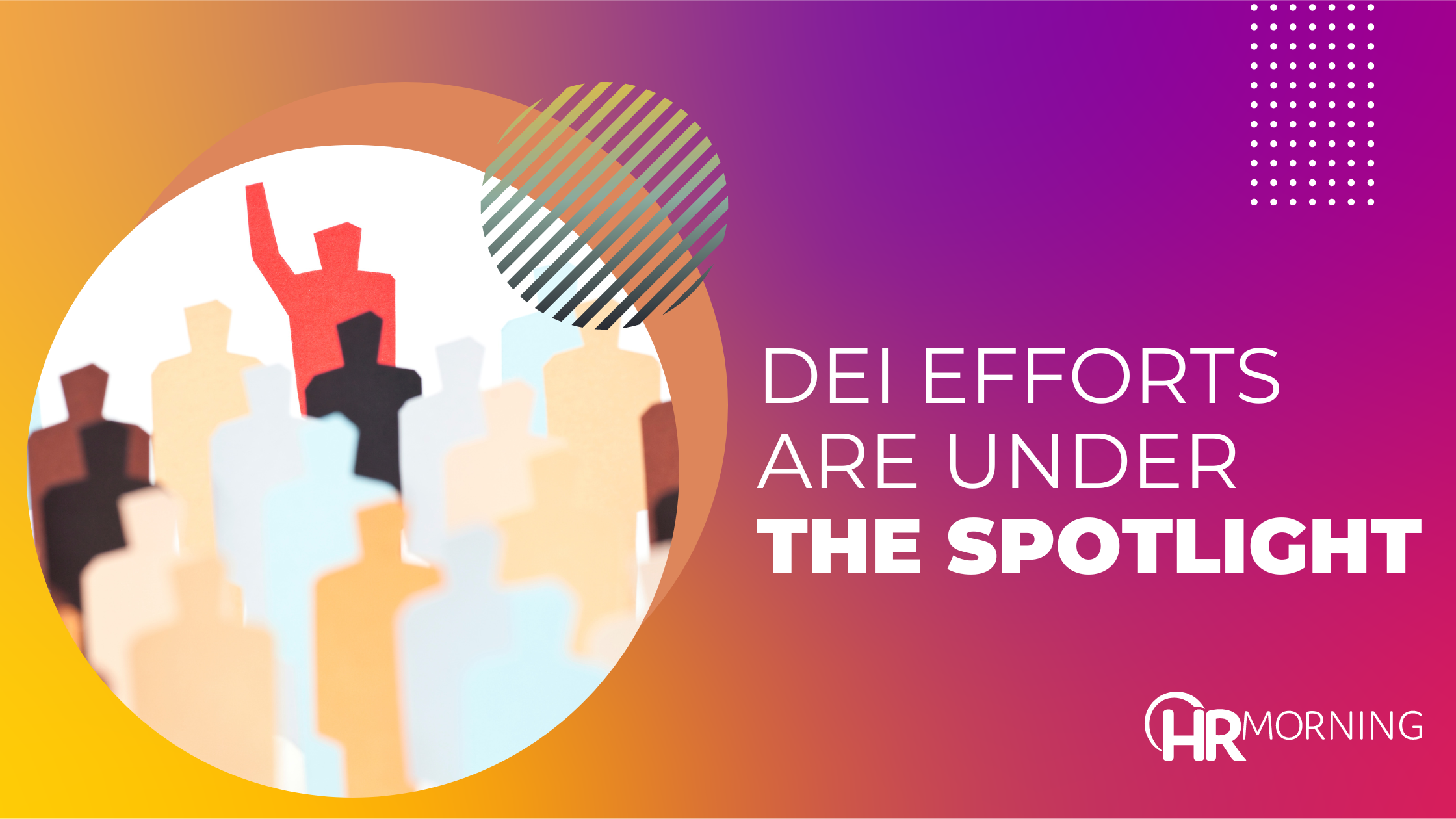A mid-July letter signed by the attorneys general of 13 states warns Fortune 100 CEOs that they “will face serious legal consequences” if they take their DEI efforts too far by discriminating based on race.
This is not some farfetched scenario, the letter says. In fact, the AGs assert that race discrimination under the guise of DEI is already a thing – and needs to stop.
State attorneys general from Kansas, Tennessee, Alabama, Arkansas, Indiana, Iowa, Kentucky, Mississippi, Missouri, Montana, Nebraska, South Carolina and West Virginia signed the letter.
What’s behind this?
The clear impetus for the missive is last month’s U.S. Supreme Court ruling in Students for Fair Admissions v. President & Fellows of Harvard College, which struck down race-based admissions policies at the University of North Carolina and Harvard. The admissions policies at those schools violated the federal Equal Protection Clause, the high Court ruled.
That, of course, was an education case and not an employment one. It had nothing to do (directly, at least) with Title VII, which is the primary federal law banning race discrimination in employment.
But as we previously explained, the ideological underpinnings of the ruling may serve to support attacks on DEI programs — even though affirmative action means something different when it comes to education than it does with respect to employment. At the very least, the decision can be used as it is in this letter: to present a stern reminder that except in very limited circumstances, race is not and never has been a valid consideration when it comes to employment decisions.
Despite this longstanding truth, the letter asserts that racial discrimination in the form of asserted DEI efforts is common among Fortune 100 companies and at other large businesses.
To support this assertion, the letter talks of racial hiring quotas that were set by a group of executives from 27 banks, tech companies and consulting firms in 2020, as well as similar racial hiring quotas set by Goldman Sachs in 2019.
Big names on the list
Other major companies have also adopted racial quotas and other explicitly race-based practices, the letter says, including:
- Airbnb
- Apple
- Cisco
- Intel
- Lyft
- Microsoft
- Netflix
- Paypal
- Snapchat
- TikTok
- Uber.
According to the letter, Microsoft announced that it would set quotas for the number of Black-owned approved suppliers and for transaction volumes through Black-owned banks and external managers.
This is nothing short of “overt and pervasive discrimination,” the letter says, and it is “both immoral and illegal.”
The Supreme Court has repeatedly condemned racial quotas and preferences, the letter notes, and the fact that racial discrimination is well-intentioned does not make it legal.
Racial preferences hurt people outside of the preferred groups solely on the basis of skin color, the letter adds.
Race discrimination in employment and contracting also violates state law, the letter says.
A group of 21 other state attorneys general quickly responded with their own letter to Fortune 100 CEOs, asserting that the first letter “is intended to intimidate [those CEOs] into rolling back the progress many of [them] have made.” Diversity programs remain lawful and serve important public and business purposes, the second letter adds.
Advice for DEI efforts
It is no surprise that the Supreme Court’s affirmative action is being used to place DEI programs in the spotlight — and the crosshairs of those who believe some such programs have gone too far.
For HR pros who wish to maintain a focus on DEI, here are some important points to keep in mind:
- The Supreme Court’s affirmative action ruling did not change the rules for DEI programs. A DEI program that was legal before the ruling remains legal after it.
- A DEI initiative that sets blatant racial preferences violates Title VII because it discriminates based on race.
- The affirmative action ruling will continue to produce an increased focus on the legitimacy of DEI efforts, making this a good time to ensure that your DEI program does not illegally discriminate based on race.
- DEI programs should be designed to encourage a diverse range of candidates to apply to open positions, without expressing a preference for any particular race.
- DEI programs should use race-neutral factors, such as socioeconomic status, to produce a diverse candidate pool.


